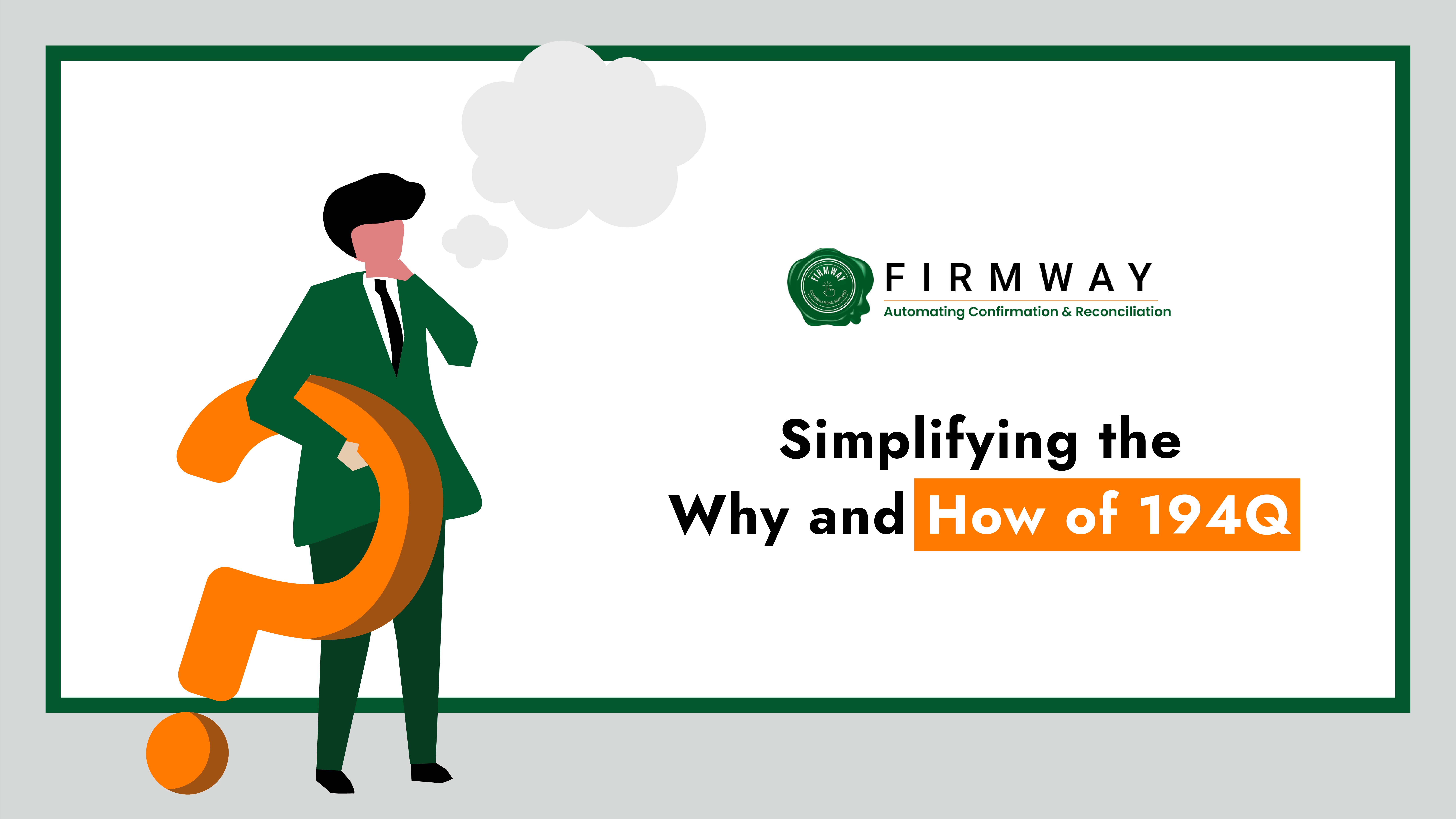Introduction to Section 43B Amendment
The recent Union Budget 2023 stirred discussions, especially regarding the unprecedented inclusion of payments to MSE vendors. This falls within the ambit of Section 43B of the Income Tax Act 1961. Section 43B contains provisions pertaining to “Income from Business and Profession.” It lists all the expenses a given business entity can seek as deductions from their business income only in the financial year when they make the actual payment, disregarding the year when the entity incurred such expenses. Thus, it advocates deduction of spending on an actual payment basis.
Section 43B: An Overview
The inclusion of payments to MSE vendors in the above regulatory framework strives to address the key issues MSEs counter as a result of prolonged payments. MSEs make up a fundamental segment of the Indian business ecosystem. According to quantitative analysis estimates by the Economic Times, delayed payments to MSMEs in India have resulted in approximately Rs 10.7 lakh crore being held up, which represents around 6% of India’s Gross Value Added (GVA) for the financial year 2020-21.
MSE Inclusion in Section 43B
The addition of the MSE payments clause (h) in Section 43B can prove as a cornerstone amendment to streamline the payment receipt process for MSE ventures. Business organizations dealing with MSE suppliers, need to duly comprehend the applicability of the amended Section 43B on your payments. You also need to pay attention to the requirements of Section 15 of the Micro, Small, and Medium Enterprises Development Act (MSMED), 2006. The latest Finance Bill 2023 permits the deduction of expense paid to MSEs in line with Section 43B only when it abides by the time limit specified in Section 15 of the MSMED Act 2006. Thus, one can claim deduction on payment to MSE vendors if they are paid within 15 days in cases where there is no agreement. Or 45 days or as per the time period in a pre-defined written agreement, whichever comes first.
Practical Insights and Illustrations
We provide practical insights on the treatment of payments to MSE vendors in various scenarios, assuming a predefined written agreement. Let’s explore specific situations to determine eligibility for deductions on MSE vendor payments based on the new clause addition.
Illustration 1:
A made a payment to a MSE after the time limit set by section 15 of the MSMED Act, 2006, but within the same financial year in which the expense was incurred.
In this situation, A settled the payment after the specified time limit of Section 15 of MSMED Act, 2006. This activates the revised provisions of Section 43B. However, as the payment was made within the same financial year that the expense was accrued, deduction shall be permitted in that financial year as outlined by the regulations of the Income Tax Act, 1961.
Illustration 2:
Within the specified time limit under Section 15 of the MSME Act, 2006, B completes payment to an MSE and accrues the expense in the same financial year.
The provisions of section 43B of the Act would not apply to the payment that B made to the MSE. In the financial year in which the expense accrued, he will be permitted to take a deduction.
Illustration 3:
C dealt with an MSE where he had expenses that accrued in March 2024. However, he paid the vendor during the subsequent financial year in April 2024, within the deadline specified under Section 15 of the MSMED Act, 2006.
In this situation, C made the payment as per the time limit specified under section 15 of the MSMED Act, 2006. In the financial year 2023-2024, C will be able to calculate the payment in its tax on an accrual basis.
Illustration 4:
D incurred an expense in the financial year 2023-2024 that was payable to an MSE. However, he settled it in the subsequent financial year, 2024-25. After the expiration of the time limit specified in Section 15 of the MSMED Act, 2006.
In this situation, because D made the payment beyond the time limit specified in Section 15 of the MSMED Act, 2006, and in the subsequent year, 2024-25, D will not be eligible to claim a deduction for that payment in the financial year 2023-2024 when the expenses initially accrued.
Illustration 5:
On March 16, 2024, E received an invoice from the MSE (Micro and Small Enterprise) for the supply of goods. E dealt with the MSE. The delivery person delivered the goods on the same day. On March 18, 2024, E communicated concerns about the quality of the supplied goods to the MSE vendor. Both parties resolved the dispute on April 30, 2024, and E made the payment on May 31, 2024.
Regulatory Compliance
It’s important to note that the disputing party raised the invoice dispute within 15 days of the delivery date. Therefore, the time limit defined in section 15 of the MSMED Act 2006 starts from the resolution of the dispute. E can claim a deduction for the payment in the financial year 2023-24. If E makes the payment within 45 days from the resolution of the dispute when the expenses accrued.
In summary, to ensure timely deductions and optimize your tax liability. It’s crucial to adhere to the regulatory requirements outlined in both the Income Tax Act 1961. The MSMED Act 2006. Failure to confirm your vendor’s MSME registration status could result in disallowed payment deductions and late payment penalties.
Firmway’s MSME Status Confirmation Tool
Collaborate with Firmway to gain an avante-garde solution in the form of an MSME status confirmation software. By using Firmway’s MSME Status confirmation tool, you can seek MSME status from your vendors and verify the same through MSME government databases and OCR technology. It simplifies the process of getting your vendor’s MSME status validation by leaps and bounds.
Reach out to know more about this software.
Firmway is a SaaS based startup that has successfully automated Balance Confirmation and Ledger Reconciliation, for well-known companies such as Sodexo, Asian Paints, IPCA, Bluestar, Gati Logistics, and 500 more.




